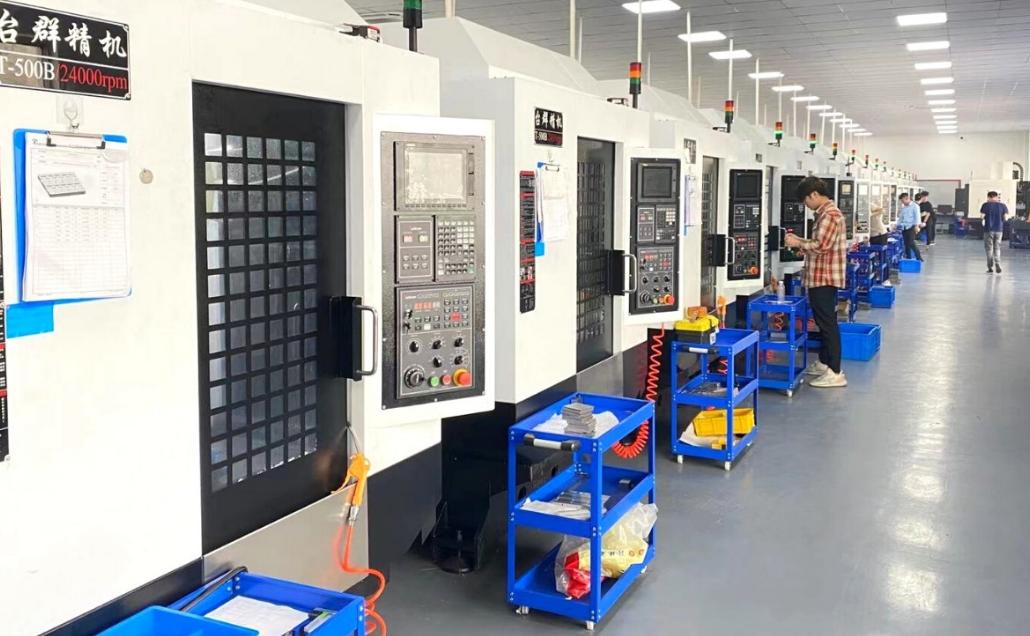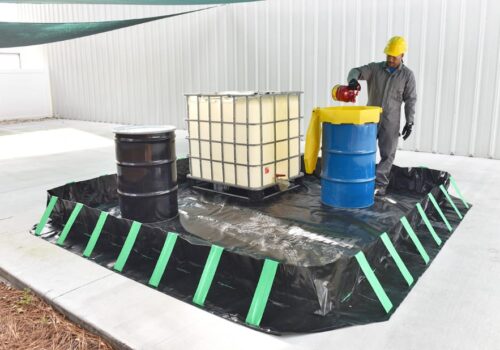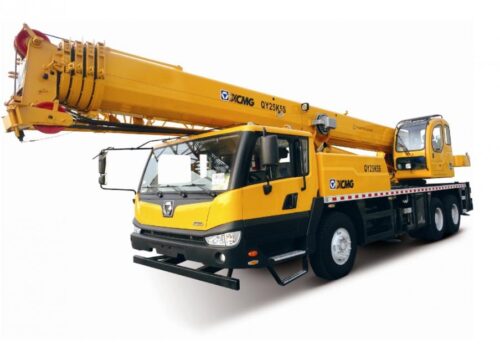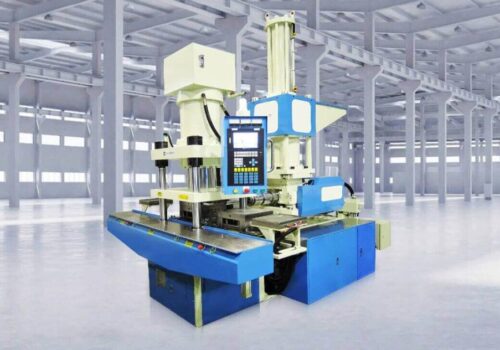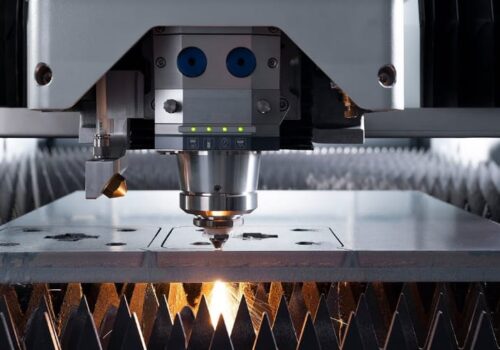Understanding the Role of CNC Machining Service in UK Industrial Growth
The UK has long been at the forefront of industrial innovation, and CNC (Computer Numerical Control) machining has played a pivotal role in this evolution. As businesses strive for more efficient production methods, CNC machining service in the UK has emerged as a critical tool for precision manufacturing. This advanced technology is transforming industries across the country, from automotive to aerospace, and it is contributing significantly to the nation’s industrial growth.
What is CNC Machining?
CNC machining is a manufacturing process where pre-programmed computer software controls the movement of tools and machinery. It allows for high precision, repeatability, and the ability to create complex shapes that would be difficult or impossible with traditional methods.
By automating the process, CNC machining services ensure consistency in production, reducing human error and improving overall efficiency.
Boosting Efficiency and Productivity
One of the key benefits of CNC machining is its ability to streamline production processes. For industries like aerospace and automotive, where components must meet stringent quality standards, CNC machining is a game-changer.
The automation of the process reduces the need for manual labour, allowing manufacturers to produce parts at a much faster rate without compromising on quality.
Furthermore, CNC machining service offers the flexibility to work with a variety of materials, including metals, plastics, and composites. This versatility means that businesses can scale production based on demand without the need for significant investment in new tools or machinery.
Reducing Costs and Waste
Another way CNC machining contributes to industrial growth in the UK is by reducing material waste. The precision of the technology means that parts can be manufactured to exact specifications, ensuring that less material is wasted during the process.
Additionally, the efficiency of the process reduces labour costs and the likelihood of costly errors that might require rework or replacements.
For businesses, this not only cuts down on operational expenses but also improves their competitiveness in the global market. In an economy where efficiency and cost control are crucial, CNC machining provides a clear advantage.
Driving Innovation and Quality
CNC machining has opened the door for UK manufacturers to experiment with more complex designs. The ability to create intricate geometries with high accuracy has allowed industries to push the boundaries of innovation.
Whether in the development of cutting-edge medical devices or advanced automotive components, CNC machining provides the tools necessary to bring ideas to life with unparalleled precision.
CNC machining is a cornerstone of the UK’s industrial growth. The precision, cost-effectiveness, and ability to produce high-quality components have made CNC machining service in the UK indispensable to many sectors. As technology continues to evolve, the role of CNC machining in driving innovation and improving production efficiency will only become more crucial, shaping the future of UK manufacturing.
The UK has long been at the forefront of industrial innovation, and CNC (Computer Numerical Control) machining has played a pivotal role in this evolution. As businesses strive for more efficient production methods, CNC machining service in the UK has emerged as a critical tool for precision manufacturing. This advanced technology is transforming industries across the country, from automotive to aerospace, and it is contributing significantly to the nation’s industrial growth.
What is CNC Machining?
CNC machining is a manufacturing process where pre-programmed computer software controls the movement of tools and machinery. It allows for high precision, repeatability, and the ability to create complex shapes that would be difficult or impossible with traditional methods.
By automating the process, CNC machining services ensure consistency in production, reducing human error and improving overall efficiency.
Boosting Efficiency and Productivity
One of the key benefits of CNC machining is its ability to streamline production processes. For industries like aerospace and automotive, where components must meet stringent quality standards, CNC machining is a game-changer.
The automation of the process reduces the need for manual labour, allowing manufacturers to produce parts at a much faster rate without compromising on quality.
Furthermore, CNC machining service offers the flexibility to work with a variety of materials, including metals, plastics, and composites. This versatility means that businesses can scale production based on demand without the need for significant investment in new tools or machinery.
Reducing Costs and Waste
Another way CNC machining contributes to industrial growth in the UK is by reducing material waste. The precision of the technology means that parts can be manufactured to exact specifications, ensuring that less material is wasted during the process.
Additionally, the efficiency of the process reduces labour costs and the likelihood of costly errors that might require rework or replacements.
For businesses, this not only cuts down on operational expenses but also improves their competitiveness in the global market. In an economy where efficiency and cost control are crucial, CNC machining provides a clear advantage.
Driving Innovation and Quality
CNC machining has opened the door for UK manufacturers to experiment with more complex designs. The ability to create intricate geometries with high accuracy has allowed industries to push the boundaries of innovation.
Whether in the development of cutting-edge medical devices or advanced automotive components, CNC machining provides the tools necessary to bring ideas to life with unparalleled precision.
CNC machining is a cornerstone of the UK’s industrial growth. The precision, cost-effectiveness, and ability to produce high-quality components have made CNC machining service in the UK indispensable to many sectors. As technology continues to evolve, the role of CNC machining in driving innovation and improving production efficiency will only become more crucial, shaping the future of UK manufacturing.

